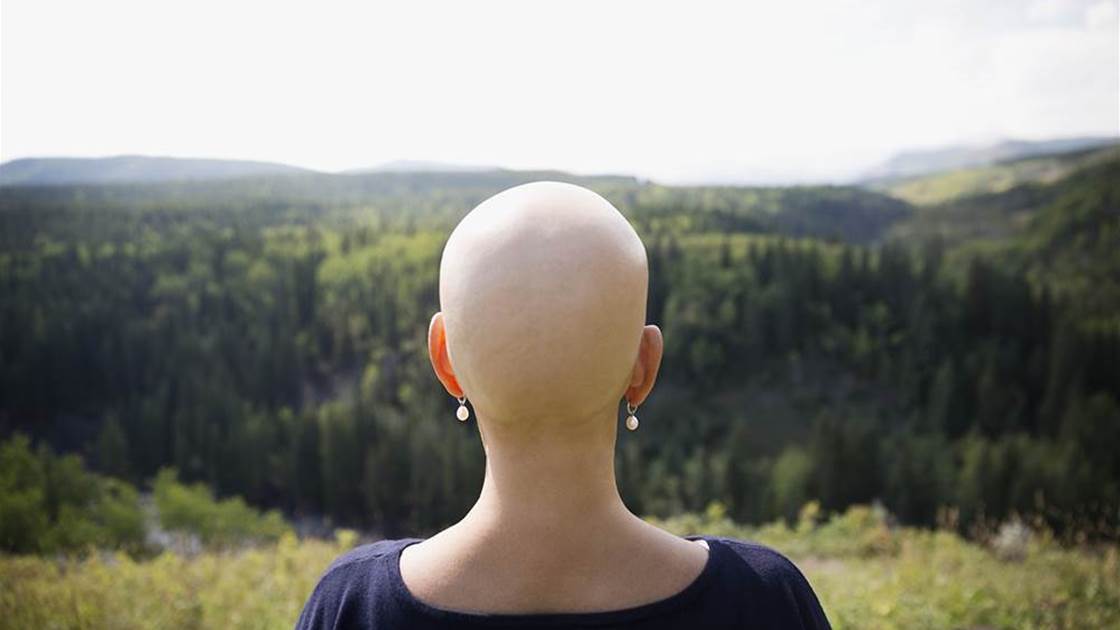Here, Sandy, a breast cancer patient navigator, shares five things a woman should do after a breast cancer diagnosis.
1. Take a step back.
"It's important for a newly diagnosed breast cancer patient to take time to consider her diagnosis. Many women make decisions as a knee-jerk reaction; this is exactly what you don't want to do. Instead, let your brain process what your diagnosis means for you. Seeing a breast health navigator may be helpful because not all breast cancers are the same and treatments vary. The more you learn about your diagnosis and your options, the more power you'll have."
2. Create a personal support team.
"Assemble a band of people you can count on to offer both emotional and practical support. Designate family and friends to help you with everyday tasks that may become difficult, such as driving to appointments and doing laundry. Figuring out these details early on will give you a sense of control."
3. Choose your doctors carefully.
"Make sure to ask questions and do your research when selecting where you will be treated and who will treat you. Create a team of doctors that includes a breast surgeon, a medical oncologist and a radiation oncologist. These three specialists each play an important role in deciding on treatment. See all three before anything is set in stone. The next steps may involve adding a plastic surgeon, a dietitian, a genetic counselor or a physical therapist to your team."
4. Develop a long-term plan.
"It's important to know that most breast cancer patients are survivors. You want to do whatever it takes to plan a course of treatment that will put you in this majority, but you also want to plan for post-treatment. Search for wellness programs to join after you finish treatment, and ask your health-care team for recommendations. These programs may address diet modifications, exercise and your sexuality."
5. Stay positive.
"Your perspective can affect how you experience your breast cancer journey, so maintaining a positive attitude should be first and foremost on your list. It won't always be easy, but believe that you're going to come out on the other side. Always look forward."









